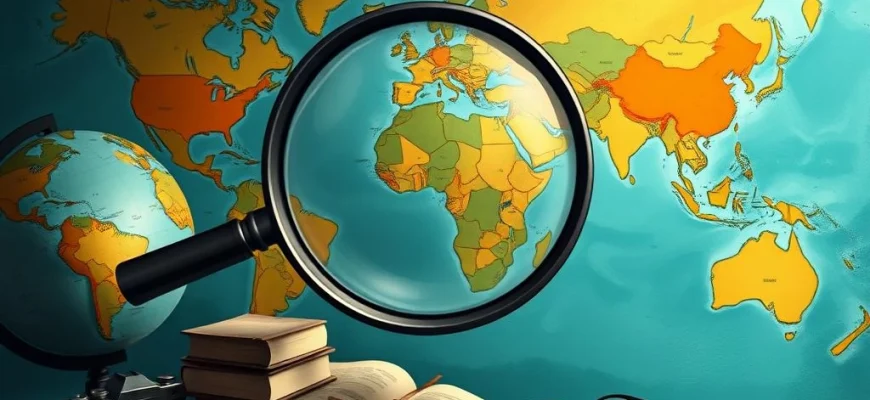If you enjoyed Michael Moore's thought-provoking documentary 'Where to Invade Next' (2015), you'll love these 10 similar films and shows that challenge societal norms and explore global perspectives. This list is perfect for viewers who appreciate bold storytelling, political satire, and eye-opening examinations of modern issues. Discover your next favorite documentary or docuseries that will leave you questioning the status quo.

Bowling for Columbine (2002)
Description: A provocative documentary that critiques American gun culture and societal violence, using a mix of investigative journalism and dark humor to explore systemic issues.
Fact: It was the first documentary to be screened at the Cannes Film Festival in 46 years and won the Academy Award for Best Documentary Feature.
 Watch Now
Watch Now 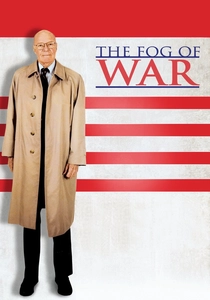
The Fog of War (2003)
Description: A reflective and intimate portrait of former U.S. Secretary of Defense Robert McNamara, using archival footage and interviews to explore the moral complexities of war.
Fact: The film's title comes from a military term describing the confusion and uncertainty inherent in warfare.
 Watch Now
Watch Now 
Fahrenheit 9/11 (2004)
Description: A politically charged documentary that examines the aftermath of the 9/11 attacks and the Bush administration's response, blending satire with hard-hitting investigative reporting.
Fact: It became the highest-grossing documentary of all time upon its release and won the Palme d'Or at the Cannes Film Festival.
 Watch Now
Watch Now 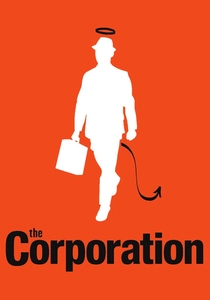
The Corporation (2003)
Description: An in-depth analysis of the modern corporation's role in society, blending interviews, case studies, and historical context to critique its ethical and environmental impact.
Fact: The film uses psychological diagnostic criteria to argue that corporations exhibit traits of psychopathy.
 Watch Now
Watch Now 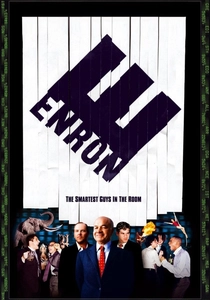
Enron: The Smartest Guys in the Room (2005)
Description: A gripping account of corporate fraud and hubris, unraveling the collapse of Enron through insider accounts and financial analysis.
Fact: The film features audio recordings of Enron traders joking about manipulating California's energy market during a crisis.
 Watch Now
Watch Now 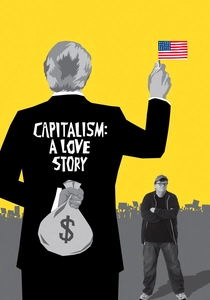
Capitalism: A Love Story (2009)
Description: A critical exploration of corporate greed and economic inequality in America, using personal stories and sharp commentary to highlight systemic flaws.
Fact: The film includes footage of workers occupying their factory to protest unfair layoffs, a rare firsthand account of labor resistance.
 Watch Now
Watch Now 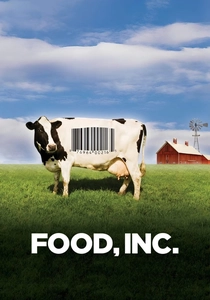
Food, Inc. (2008)
Description: A revealing look at the industrial food system, exposing its hidden costs to health, environment, and labor through investigative storytelling.
Fact: The film led to significant public discourse and even prompted some supermarkets to change their labeling practices.
 Watch Now
Watch Now 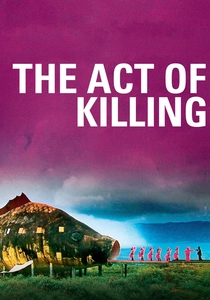
The Act of Killing (2012)
Description: A surreal and unsettling documentary where perpetrators of Indonesian genocide reenact their crimes, blurring the lines between reality and performance.
Fact: The film was initially banned in Indonesia but later screened privately for government officials, sparking national debate.
 Watch Now
Watch Now 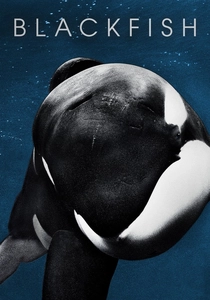
Blackfish (2013)
Description: A gripping exposé on the captivity of orcas in theme parks, using emotional narratives and undercover footage to challenge the ethics of animal entertainment.
Fact: The documentary had a direct impact on SeaWorld's policies, leading to the end of their orca breeding program.
 Watch Now
Watch Now 
Citizenfour (2014)
Description: A real-time documentary capturing Edward Snowden's revelations about global surveillance, offering a tense, firsthand account of whistleblowing.
Fact: The film was shot in secret over eight days in a Hong Kong hotel room and won the Academy Award for Best Documentary Feature.
 Watch Now
Watch Now 
